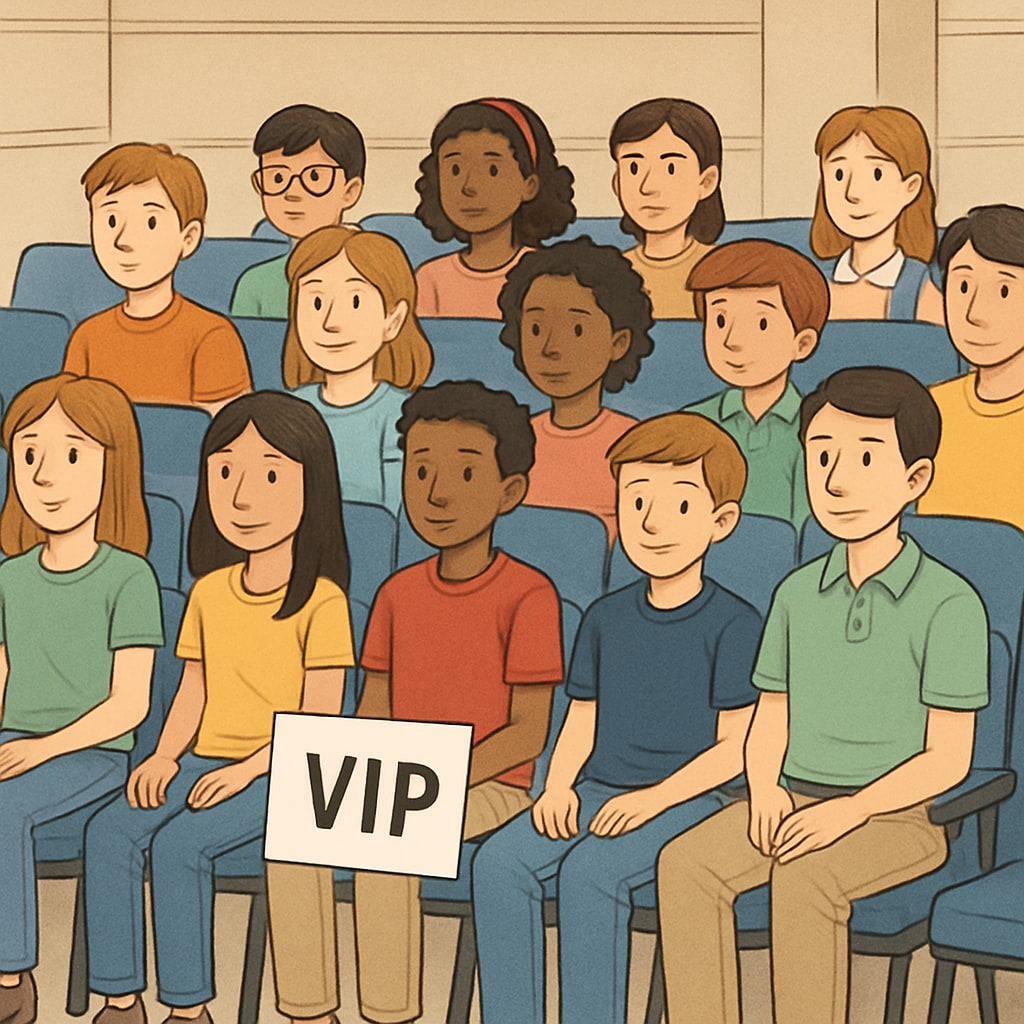When school fundraising initiatives tie student privileges to donation amounts, the ideals of education equity are put to the test. By allowing higher contributions to translate into exclusive benefits, these fundraising models risk creating an environment where economic discrimination overshadows the principle of equal opportunity. In this article, we delve into the implications of such practices on students, schools, and society, and discuss ways to build a more inclusive educational environment.
The Rise of Fundraising Models Tied to Economic Power
Many schools rely on fundraising to supplement their budgets, funding extracurricular activities, infrastructure improvements, or specialized programs. While this is a practical necessity for some institutions, tying rewards or privileges to donation tiers can create a system where wealth dictates access. For example, students whose families can afford to give more might receive VIP seating at school events, exclusive field trips, or other perks unavailable to others.
This setup implicitly reinforces the idea that financial contributions equate to greater value or status within the school community. As a result, students from less affluent backgrounds may feel excluded or inferior, perpetuating economic disparities rather than bridging them.

Economic Inequality and Its Impact on Student Morale
School fundraising practices that grant privileges based on monetary contributions can have a significant psychological impact on students. Those unable to participate fully due to financial constraints may experience embarrassment, frustration, or resentment. Over time, this can erode their sense of belonging in the school community.
Moreover, such models may inadvertently pit students against one another, fostering a competitive atmosphere centered on economic status rather than collaboration or shared achievement. This dynamic not only undermines the core mission of education—fostering inclusivity and mutual respect—but also risks long-term consequences for student self-esteem and mental health.

Rethinking Fundraising: Toward Fairer Alternatives
To create a more equitable environment, schools must reconsider how they structure fundraising campaigns. Instead of linking donations to individual privileges, schools can explore alternative models that emphasize collective benefits. For instance:
- Rewarding the entire student body with shared experiences, such as school-wide events, when fundraising goals are met.
- Offering non-monetary incentives, like recognition or certificates, to acknowledge contributions without creating economic divisions.
- Encouraging fundraising activities that prioritize participation over monetary value, such as volunteer hours or community service projects.
By shifting the focus from individual rewards to collective achievement, schools can foster a sense of unity and inclusion, ensuring that every student feels valued regardless of their family’s financial situation.
The Role of Policy and Leadership
School administrators and policymakers play a crucial role in addressing the fairness of fundraising systems. Clear guidelines should be established to prevent practices that exacerbate economic inequality. For example, schools can adopt policies that prohibit donation-based privileges or require that all fundraising proceeds benefit the entire school community.
Additionally, involving parents, teachers, and students in the decision-making process can help ensure that fundraising initiatives align with the values of equity and inclusivity. Open communication and transparency about how funds are used can also build trust and encourage broader participation.
Ultimately, the goal should be to balance the financial needs of schools with the commitment to providing an equitable education for all students. By prioritizing fairness and inclusivity, schools can create an environment where every child has the opportunity to thrive, regardless of their economic background.
Readability guidance: Use short paragraphs and transition words to maintain clarity and flow. Lists are used to summarize key points. Passive voice and long sentences are minimized to enhance readability.


